PBD 2025: Opportunity for diaspora to ‘give back to motherland’
NRIs attending this grand event in Odisha explore possibilities of investments as well.
-1.jpg) The Ministry of External Affairs organizes this event between Jan.8 and Jan.10 to commemorate the return of the father of the nation Mahatma Gandhi from his stint in South Africa. / PBD India
The Ministry of External Affairs organizes this event between Jan.8 and Jan.10 to commemorate the return of the father of the nation Mahatma Gandhi from his stint in South Africa. / PBD India
Staying connected to their roots is not the sole purpose of over 3,000 members of the Indian Diaspora heading for the ‘City of Temples’ in Odisha for a three-day sojourn. Besides exploring possibilities of investing in one of the world's strongest economies, the elite of the Indian global community also looks for opportunities to “give back to their motherland” their expertise in the areas of their specialization.
It is why the theme of the 18th edition of the Pravasi Bharatiya Divas (PBD), "Diaspora's Contribution to a Viksit Bharat," aptly emphasizes the vital role of the Indian diaspora. The diaspora not only contributed $120 billion in remittances in 2023, a figure projected to rise to $129 billion by 2025, but also brought honours to India with its unprecedented contributions in a wide range of areas, including politics, business, trade, industry, medicine, and technology.
The Ministry of External Affairs organizes this event between Jan.8 and Jan.10 to commemorate the return of the father of the nation Mahatma Gandhi from his stint in South Africa. It provides a platform for the overseas Indian community to share its success stories and the problems it faces, both in the countries of their present abode and their homeland.
The event, which combines heritage, innovation, and collaboration, also provides a much-needed connection to the new generation.
As has been the convention, the Indian Prime Minister inaugurates the convention while the President presents the Pravasi Bharatiya Samman Awards on the concluding day. A prominent international personality of Indian descent is conferred the honour of Guest of Honour of the convention. This time, it will be Christine Carla Kangaloo, President of Trinidad and Tobago.
Interestingly, it also coincides with a season - beginning December till the end of March - when People of Indian Origin (PIOs) and Non-Resident Indians (NRIs) make a beeline for their ancestral homes for family reunions and social functions. It also coincides with the wedding season and holding of other important religious and social events, including sports festivals in rural areas and celebration of traditional festivals like Lohri, Basant Panchami and Vaisakhi.
India has the second-largest diaspora in the world. The overseas Indian community estimated at nearly 36 million is spread across every major region globally. Its growing size has been the result of different waves of migration over hundreds of years driven by a variety of reasons –mercantilism, colonialism and globalization besides opportunities provided by green pastures in distant lands.
The overseas Indian community is a diverse, heterogeneous and eclectic global community representing different regions, languages, cultures and faiths. The common thread that binds them together is the idea of India and its intrinsic values. Different governments, including those of the US, UK, Australia and Canada, acknowledge Indian Diaspora amongst the best-educated and successful communities in the world. Everywhere it is recognised and respected for its hard work, discipline, and non-interference and for successfully integrating with the local community. It has made significant contributions to politics. social and economic growth of the country of residence and have added in considerable measure to knowledge and innovation.
Needless to reiterate overseas Indians share a strong bond with their country of origin. Besides maintaining their affinity with their language, cultures and traditions, they continue to look back at their rich heritage by staying connected with their roots. It may be because of the PBD or other such initiatives, the relationship between India and its overseas community is growing, new partnerships evolving and newer multi-faceted dimensions are being explored.
Now in its 18th edition, the PBD has become a significant forum to connect overseas Indians from all over the world. From several hundred to now over a few thousand delegates participate in this annual event where besides felicitating selected overseas Indians for their successes in various fields, including business, trade, industry, academics, engineering, medicine and other areas, ways and means are discussed for maintaining connectivity of the second and third generation of overseas Indians with their grassroots.
One area of concern has been investments in India, especially in business enterprises, education and infrastructure. Overseas Indians are still suspect about the safety and security of their investments back home, especially in North India, including Punjab. At one of the previous PBDs held in Delhi, an unsavoury controversy was generated after the Vice-Chairman of the Planning Commission Montek Singh Ahluwalia remarked that the philosophy behind holding the PBD was not to solicit investments from overseas Indians but to connect them with their roots. He quoted some figures that of total foreign investment in India over the years; the share of overseas Indians had been negligible. The then Congress government, however, went back on the defensive and lauded the role the diaspora has been playing.
Overseas Indians had been playing a significant role in remittances back home. Though remittances, which had slowed down in between, have been growing steadily with significant investments continuing g to pour in various areas, including infrastructure development.
From top-of-the-line players in business, engineering, trade, industry, politics, academics, and social sciences, this annual Indian sojourn also brings home hundreds of thousands of illiterates, semi-literate, unskilled or skilled workers who have chosen green pastures overseas for their sustenance. Like “Faujis” – soldiers – they come on annual leave not only to attend weddings but also to witness and sponsor rural sports festivals besides renovating their homes. Many of them also come with the sole purpose of looking after their ancestral landed property as cases of land grab, especially of properties belonging to NRIs, have been on the rise.
Rishi Sunak (the first GB Prime Minister of Indian descent), Kamla Harris (the first woman of South Asian descent to contest the US Presidential election), Herb Dhaliwal, Navdeep Bains, Anita Anand, Harjit Singh Sajjan, Amarjeet Singh Sohi, Tim Uppal, Bal Gosal, Harinder Takhar, Manpreet Bhullar, Gurbax Singh Malhi, Dr Ruby Dhalla, Davinder Shorey, Peter Sandhu, Jagrup Brar, Gurmant Grewal, Neena Grewal and Ujjal Dosanjh, GS Dhessi, Lord Diljit Rana and Lord Swaraj Paul besides Darshan Singh Grewal, Kanwaljit Singh Bakshi (New Zealand), and Parminder Singh Marwah (Uganda) are some of the top successful political bigwigs of Indian diaspora worldwide who come calling every winter not only to cement their relations with their grassroots back home but also to impress upon the Indian government and Punjab government to redress major issues facing them.
Eminent scientists like Har Gobind Khurana, Satish Chandra Dhawan, astronauts Kalpana Chawla and Sunita Williams, the World Bank President AS Banga and the inventor of optic fibre NS Kapany have all brought good names to the overseas Indian community with excellence in their respective areas of specialisation.
In sports, members of the overseas Indian community have represented the countries of their present abode in hockey, cricket, tennis, athletics, wrestling, shooting, table tennis and several other sports.
Overseas Indians have done their role well and is this annual event where they come and share their success stories. Over to Bhubaneshwar!
Prabhjot Singh is in Bhubaneshwar to cover the PBD 2025.
ADVERTISEMENT
ADVERTISEMENT
E Paper
Video



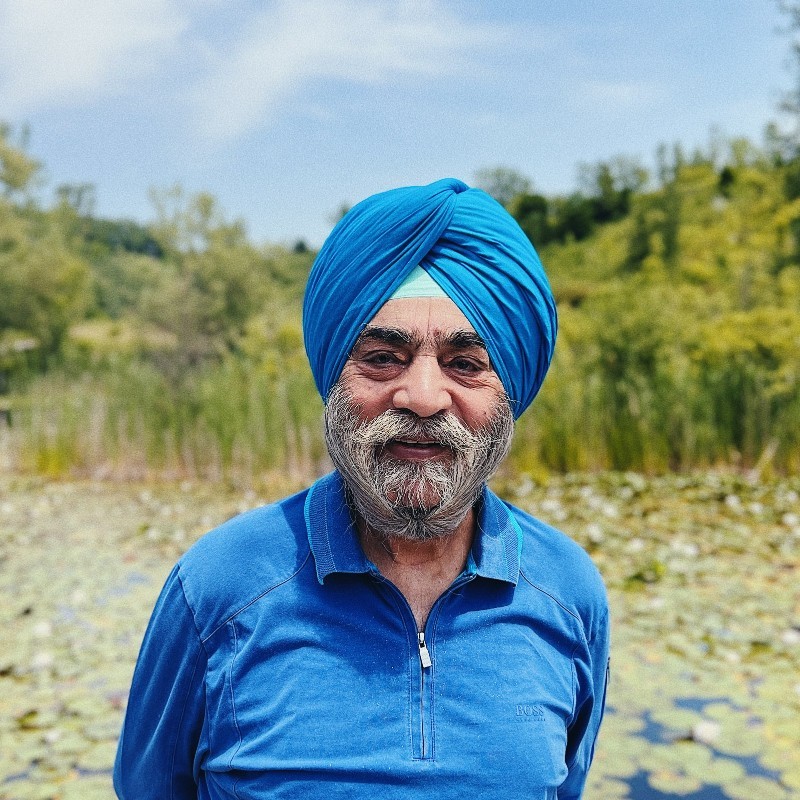 Prabhjot Paul Singh
Prabhjot Paul Singh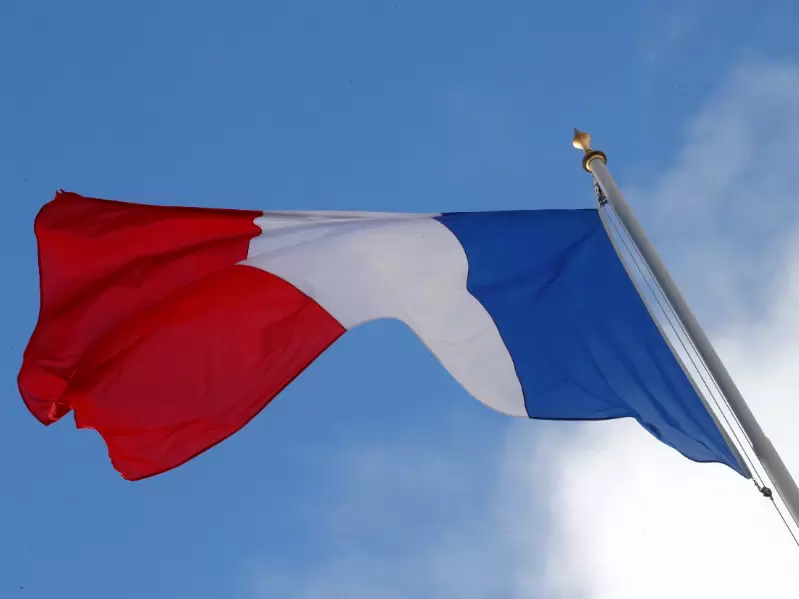
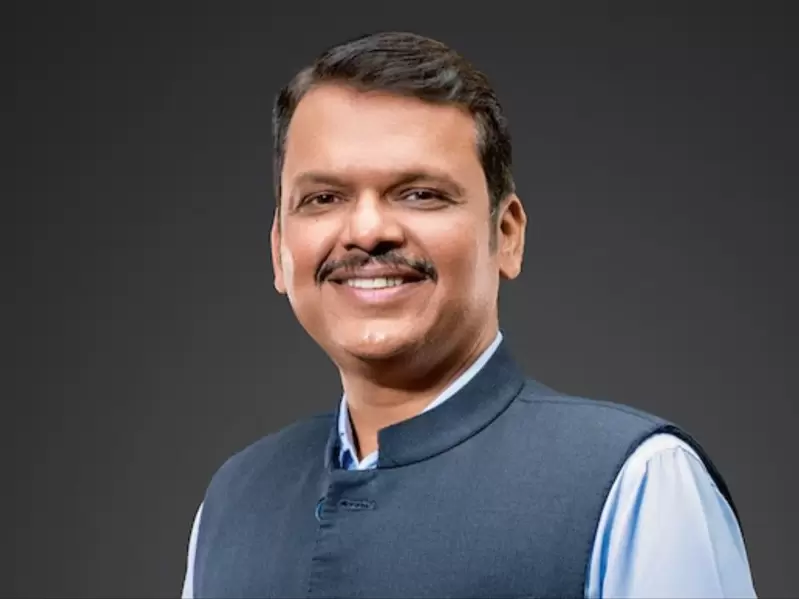
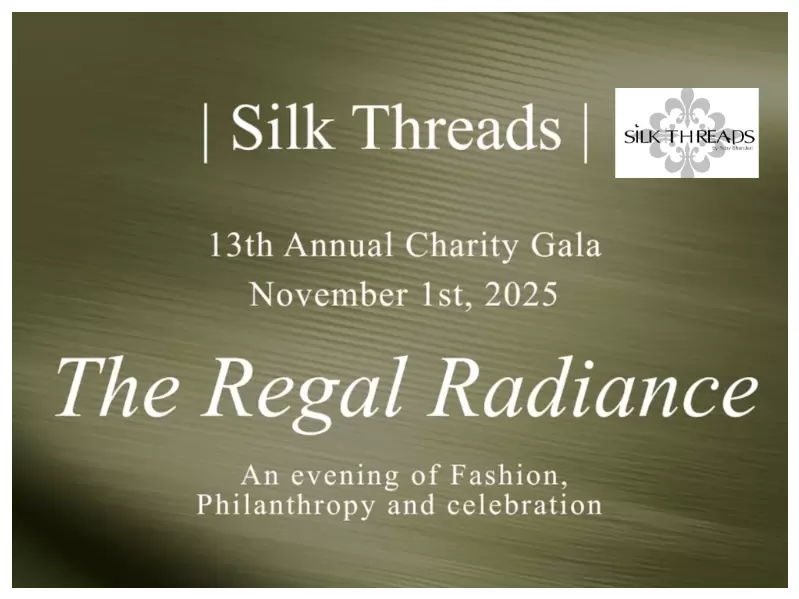
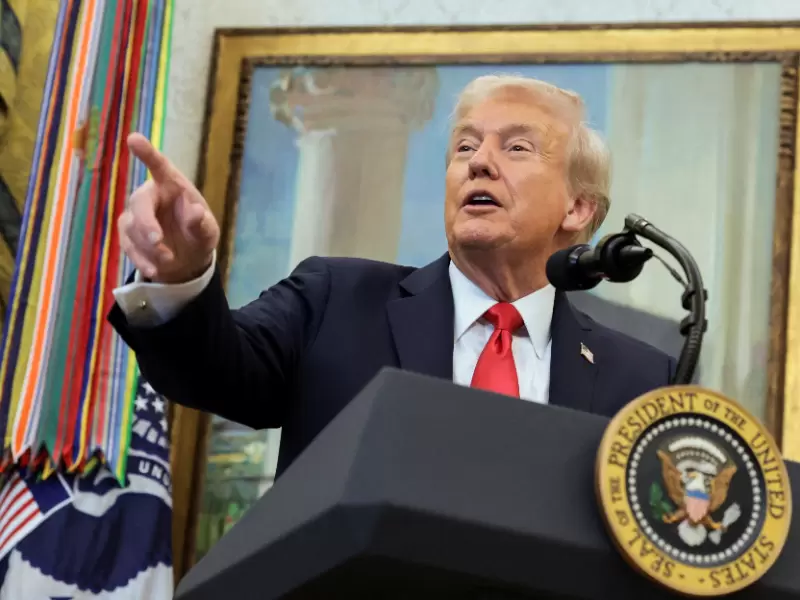
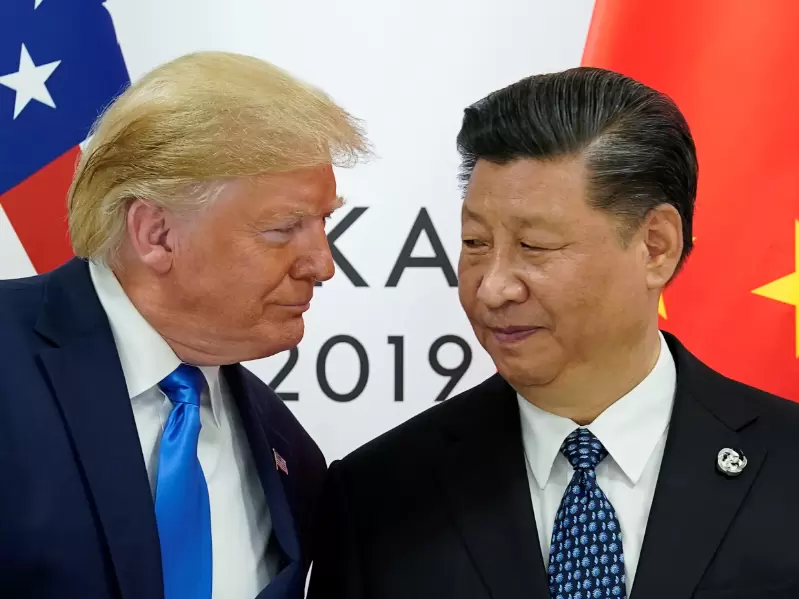
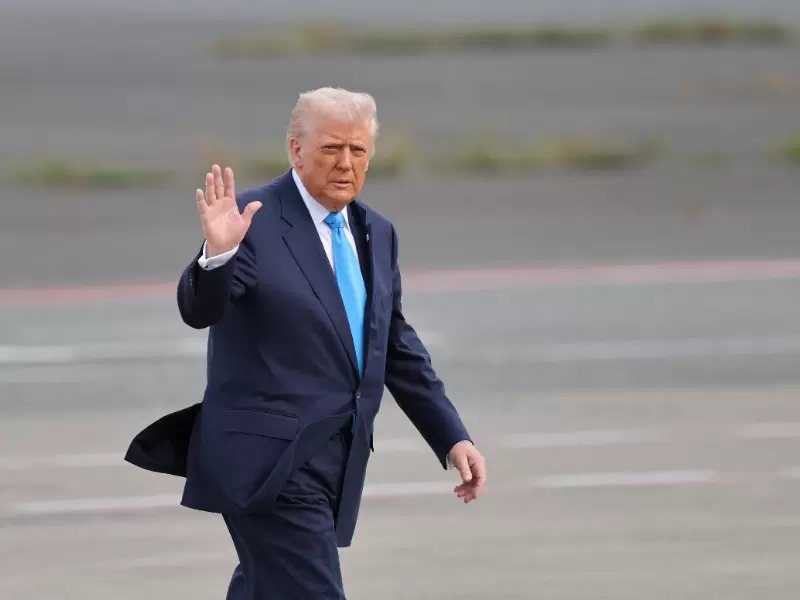
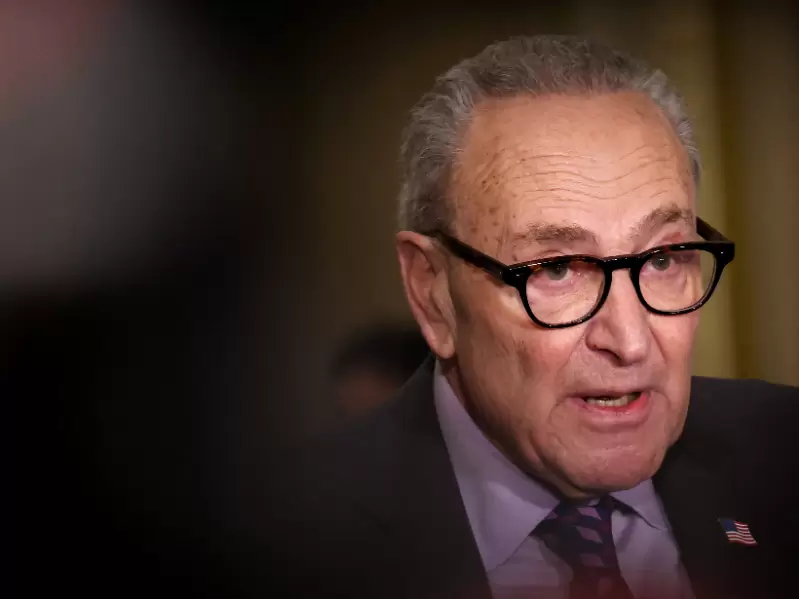

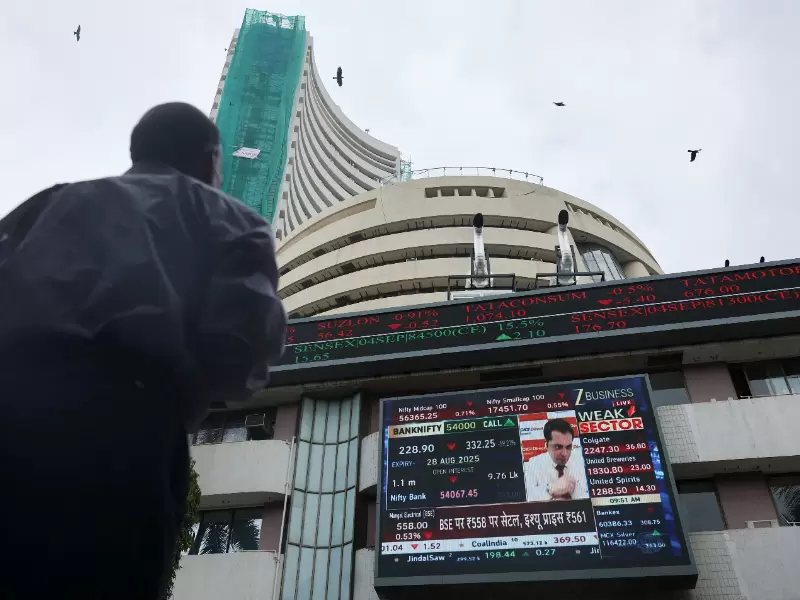
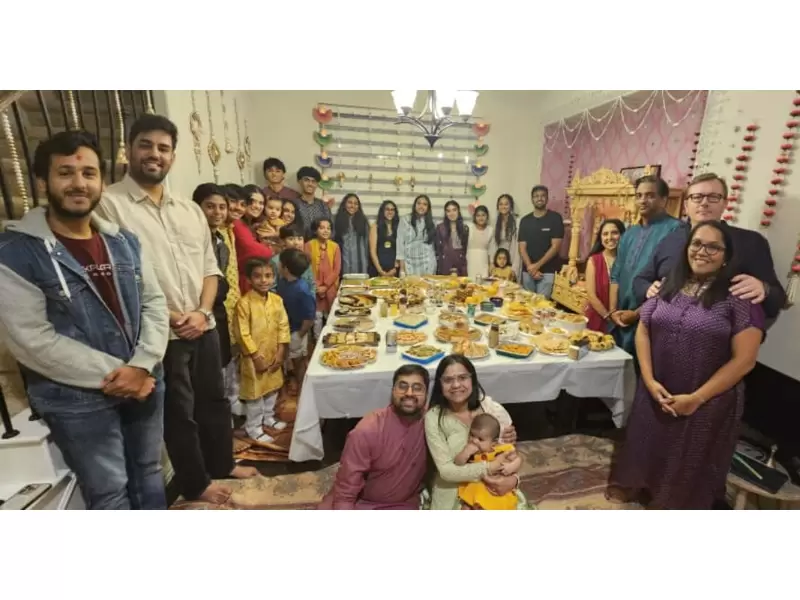
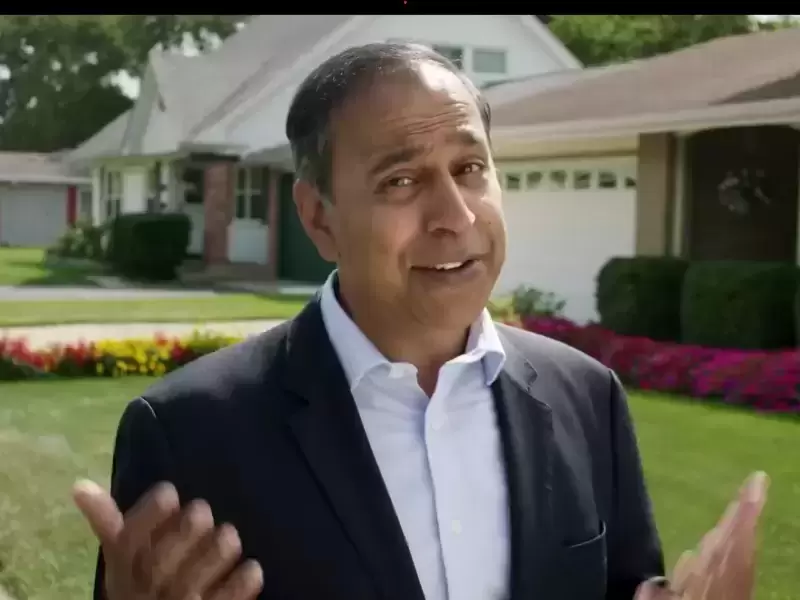
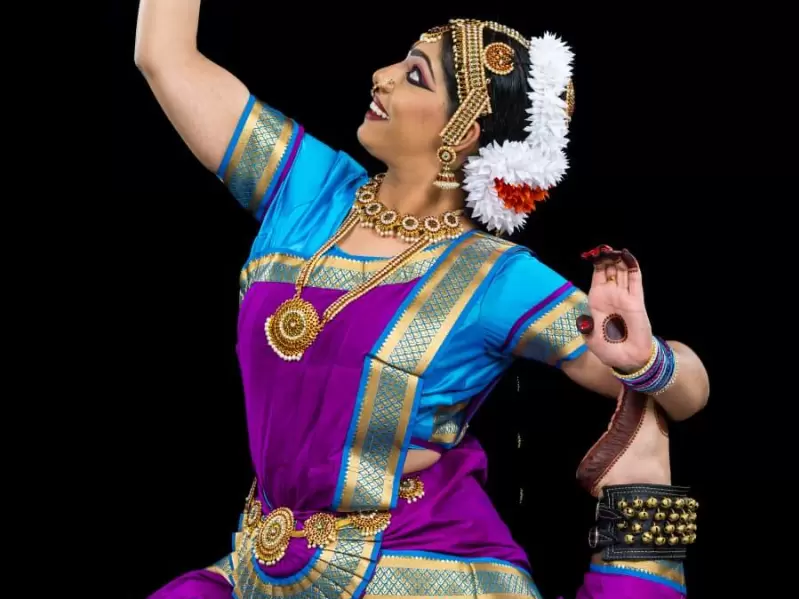

Comments
Start the conversation
Become a member of New India Abroad to start commenting.
Sign Up Now
Already have an account? Login